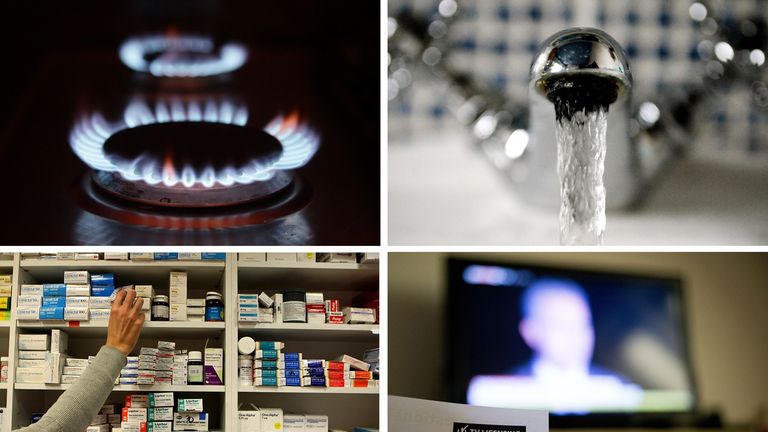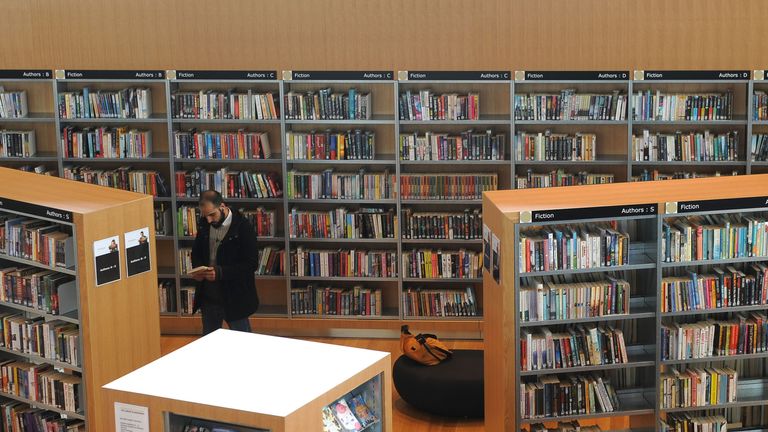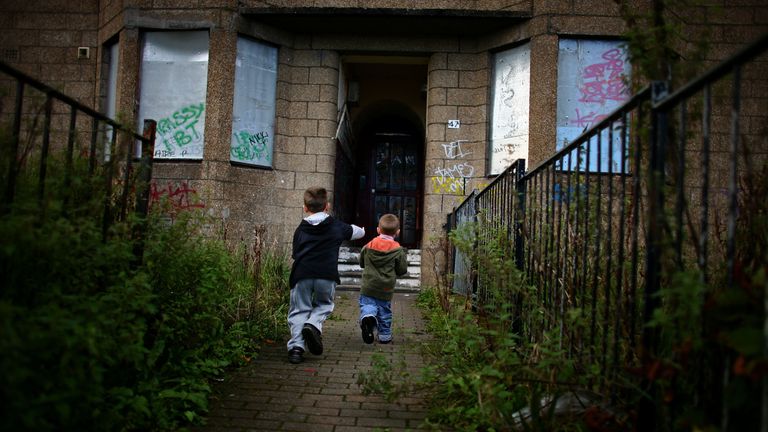Raft of household bill increases to squeeze incomes, experts warn
Today has been dubbed "national price hike day", as the cost of bills including council tax, TV licences and prescriptions rises.
Saturday 1 April 2017 07:22, UK
Britons are being warned their household incomes are likely to be squeezed for the next two years, as utility bills for millions of consumers become more expensive from today.
Dubbed "national price hike day", 1 April is going to see a wave of increases to the cost of living.
Nine out of 10 local authorities in England are raising council tax rates - by as much as 5% in some areas.
The cost of NHS prescriptions is going up by 20p to £8.60, and the price of a dental check-up is also rising.
People in England and Wales will be paying more for their water and sewerage by an average of £6, up to £395.
And the price of a colour TV licence goes up to £147 today - that's a rise of £1.50.
Andrew Hood, senior research economist at the Institute for Fiscal Studies, told Sky News: "So the big picture here is that inflation is starting to rise, and part of the reason is the fall in the value of the pound since the recession.
"As inflation rises that's not being matched by increases in people's incomes necessarily, they're not growing more quickly.
"So together this puts a squeeze on household incomes that's likely not to just be about next week, but about the next couple of years."
Heating bills are also expected to rise - with Co-operative Energy increasing costs by an average of 5%, adding an extra £58 a year.
From the end of March, Scottish Power announced an average increase of 7.8%.
Npower has also recently hiked gas and electricity prices by 9.8%, adding about £109 to annual dual fuel bills.
Posting a letter also became more expensive this week after stamp prices increased by a penny.
But there is some good news for hundreds of thousands of workers on the national living wage.
Those over 24 years old are going to receive a 30p boost to their hourly rate, taking it to £7.50.
The national minimum wage will also increase by 10p to £7.05 for those aged 21 to 24, by 5p to £5.60 for those between 18 and 20, and by 5p to £4.05 for workers aged 16 and 17.
But a study by the Low Pay Commission has found that the rise in minimum wage rates will put pressure on employers - with some companies passing the costs onto consumers in the form of price rises.
Bryan Sanderson, the commission's chairman, added that pay for other workers remains well below its pre-recession peak.
A statement from the Government described the rate rise as "good news for some of the UK's lowest-paid workers".
However, shadow chancellor John McDonnell has accused the Conservatives of "disguising the truth".
He said: "The National Living Wage isn't a real living wage at all, and the £9 an hour promised by 2020 has been cut to just £8.75."






